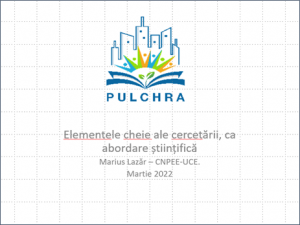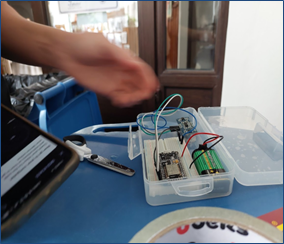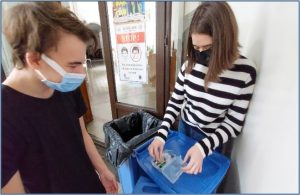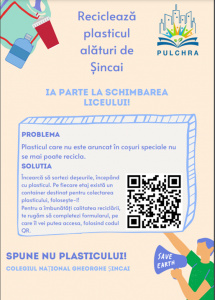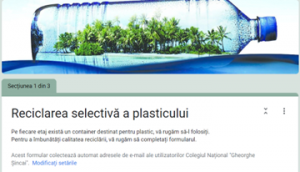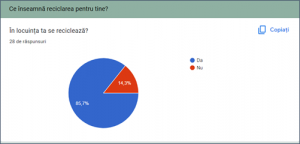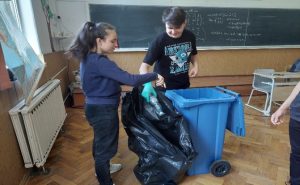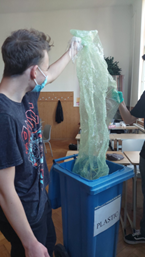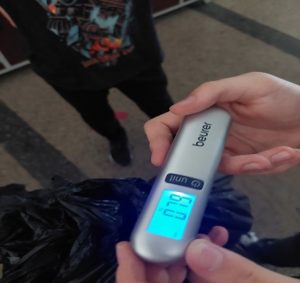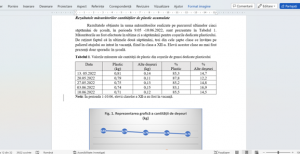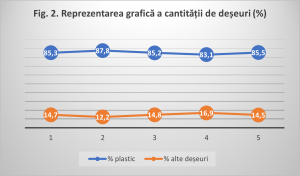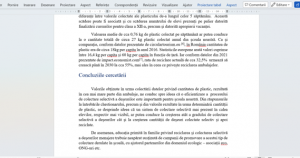Although Romania has one of the smallest amounts of municipal waste per person in the EU (272 kg/per capita in 2018, cf. Eurostat), it has also one of the smallest rates of recycling, with only 14% of its waste being recycled, in 2017. The degree of separate collection of municipal waste is even lower (around 5%, in 2019). In may 2020, Romania entered an infringement procedure from European Commission regarding its landfills. So, there is an urgent need of solutions in the area of selective waste disposal, and Bucharest, the capital city of Romania is no exception.
Through our project we tried to experiment new ways of increasing the efficiency of waste collection, but also see if the traditional way of selective waste management is working in our school.
| As we saw, waste management is one of the area where Romania has a lot of work to do, in order to have a clean environment, together with a full economical development. A low degree of recycling means more money spend on landfills and less sustainability, on the long run. As a member of UE, Romania has also some targets that need to be reached, in the near future, in the area of waste management. Many reasons to be interested in the possible solutions of waste management efficiency. |
| Our hypotheses are:
– using the smart device in the bins will reduce the time needed for the waste collection; – students have a positive perception on selective waste disposal; – students do respect the selective waste collection system. |
| We created the smart device and we measured the autonomy of it. We tested the wireless data transmission of the device.
We surveyed the perceptions of students regarding waste disposal, through online questionnaire. We measured the amounts and type of waste, in the bins, for one month. |



